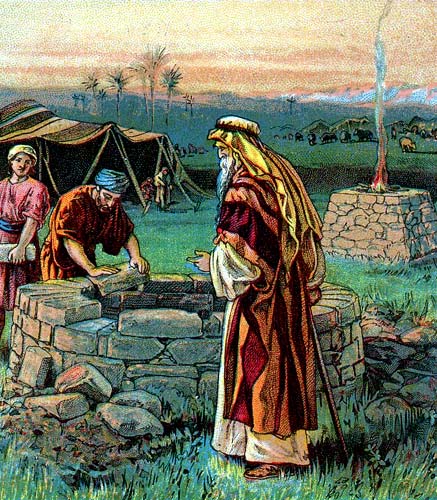ThirdWell.org Home Page
Mike Ervin
Welcome to Our Website
Thirdwell.org Home Page
We Hope You Find It Interesting and Educational
This site represents comprehensive explorations of things spiritual and religious, things from many cultures, and things from many different world versions of spirituality and religions, and from many historical times.
I say all of this because this website began in 2014. And it began to capture the teachings in an adult Sunday School class at the Westlake Hills Presbyterian Church in Austin, Texas, examining both the Hebrew bible and the New Testament, as well as other matters spiritual and religious. So some of this material has been presented at that church in a class called The Third Well class.
Be aware though that the the size and scope of the website has grown dramatically over the last few years. The number of web pages has grown from about 300 to now over 1430. the web traffic has grown from ~ 300 unique visitors to today's average 2600 unique visitors (7 days per week) from around the world.
And the material now presented includes things still presented on Sunday's at Westlake Hills Presbyterian Church, but a rapidly growing collection of all things spiritual and religious, including much spiritual and religious historical studies.
A great deal of the site material was presented in a class that we called *The Third Well*. That story of Issac's wells contains an explanation for why we decided to call our class The Third Well. But also be aware that a growing part of this website also contains many other subjects that were not taught in the Third Well class. And be aware that this website is no longer dedicated to only that class, as that class no longer meets. The site is operated by me (Mike Ervin) and contains many subjects taught in other classes at out church, and also a growing number of subjects of my own interest. I hope you enjoy the rich subject matter.
And if you have any further questions about this website feel free to email me at ervinm@austin.rr.com
ThirdWell .org Home Page
Links - General
<< Top of Page > < Class Calendar > << Contact Us >

Scripture taken from the Common English Bible®, CEB® Copyright © 2010, 2011 by Common English Bible.™ Used by permission. All rights reserved worldwide. The "CEB" and "Common English Bible" trademarks are registered in the United States Patent and Trademark Office by Common English Bible. Use of either trademark requires the permission of Common English Bible.